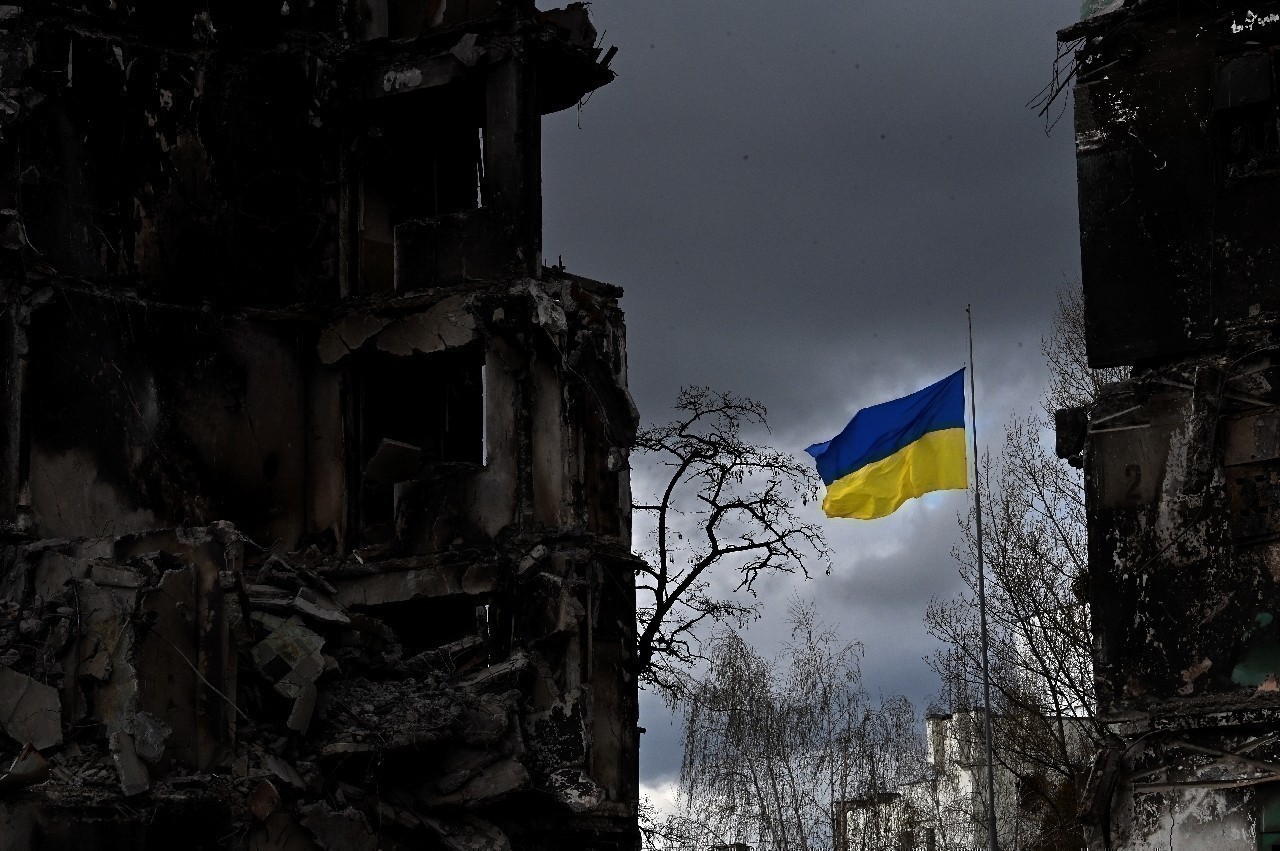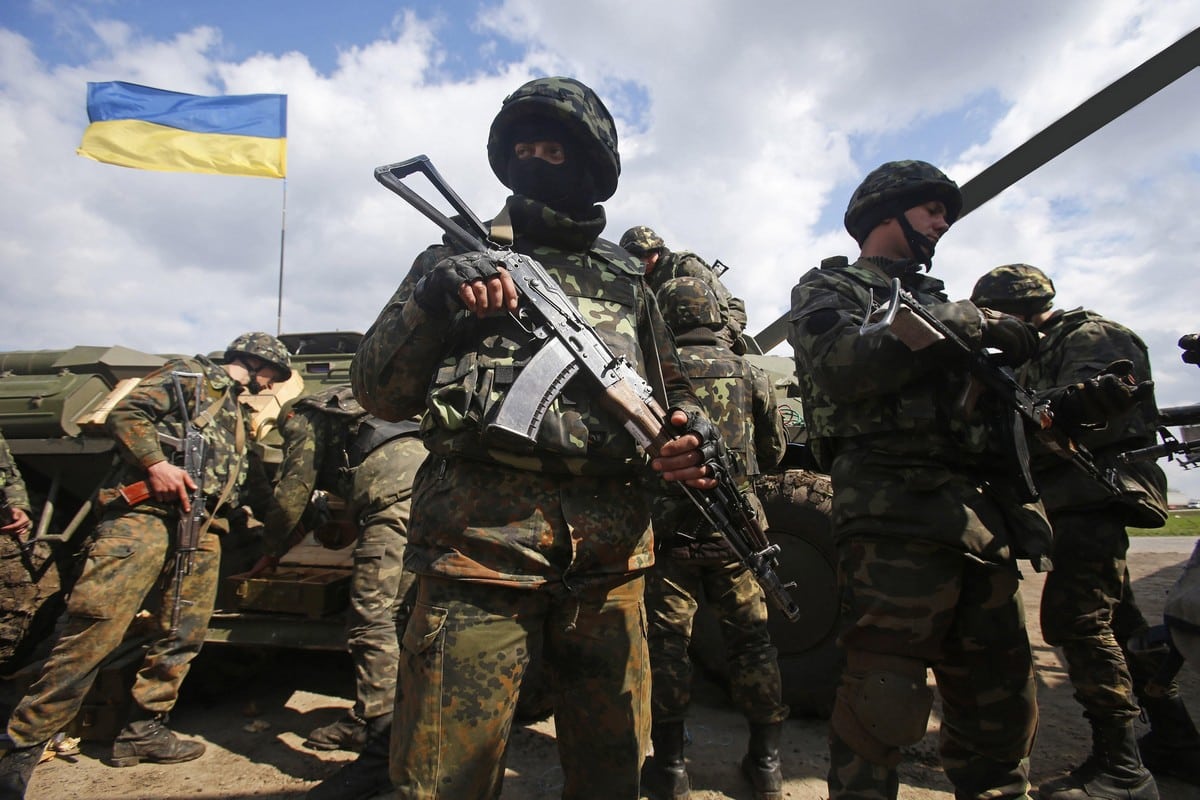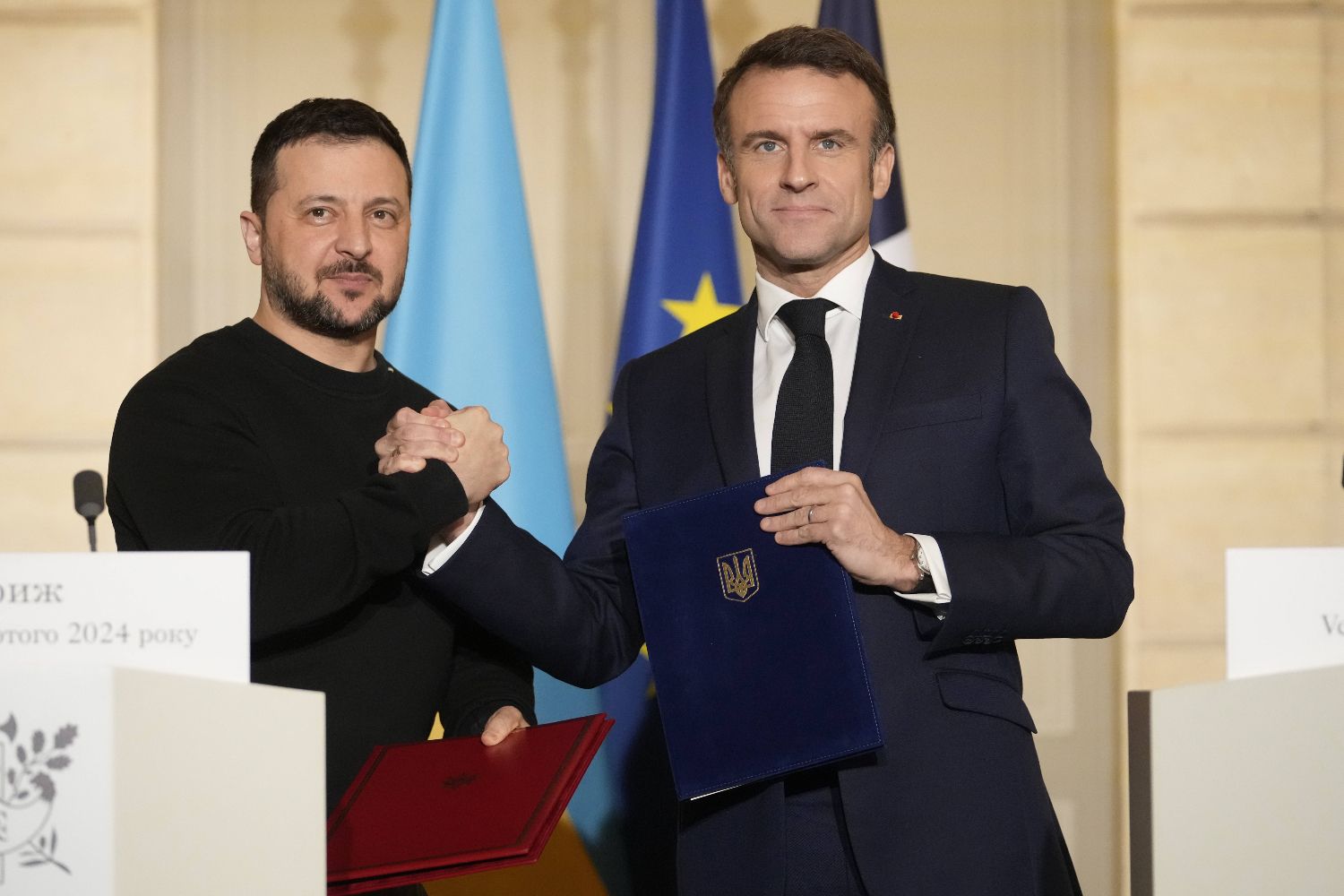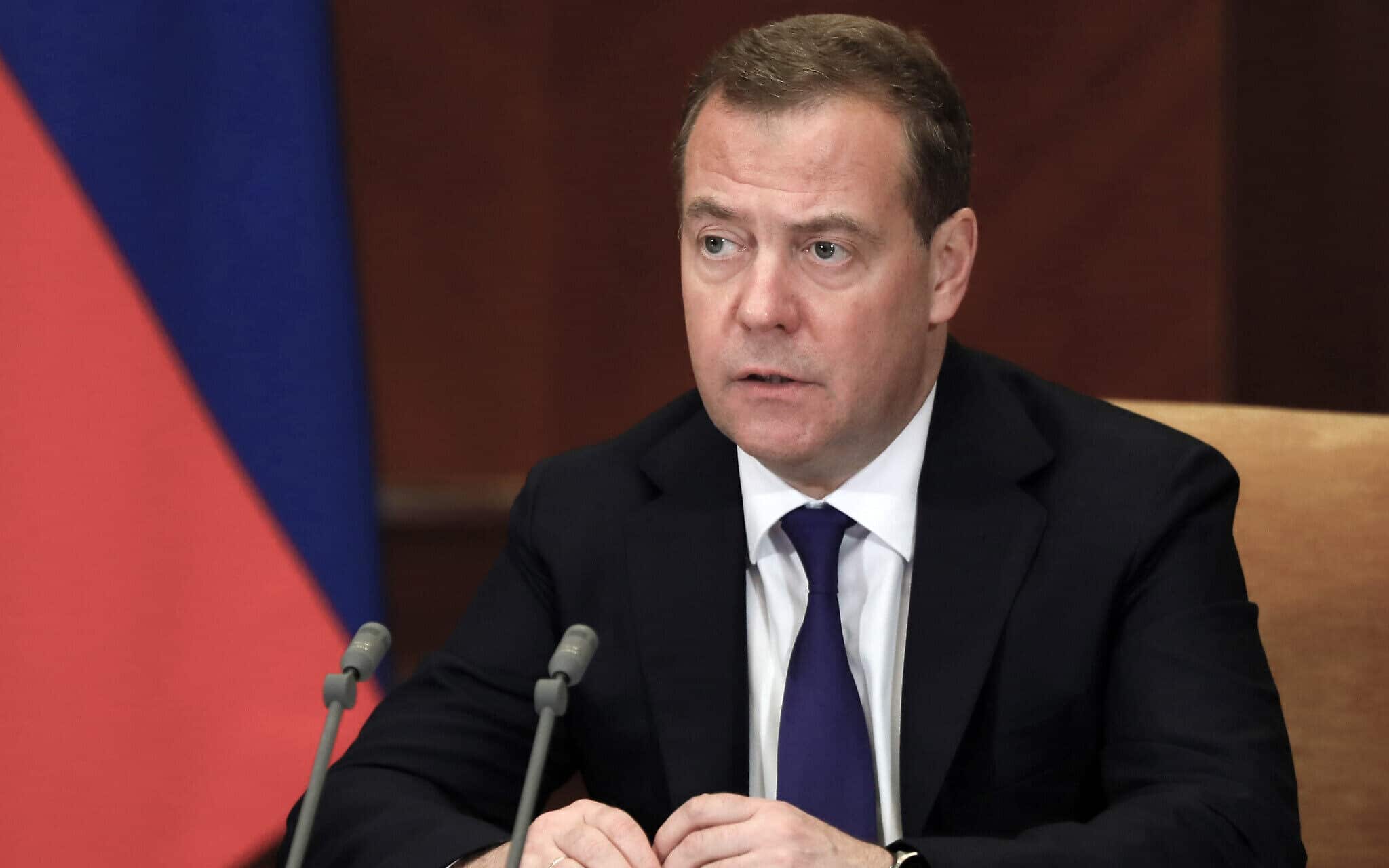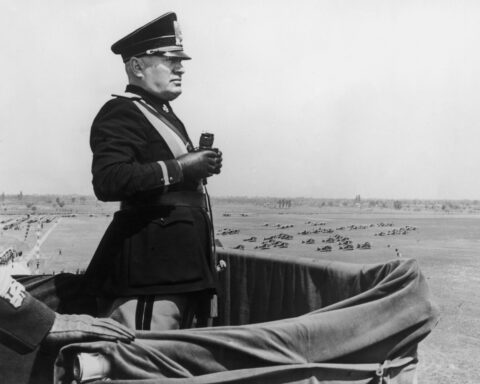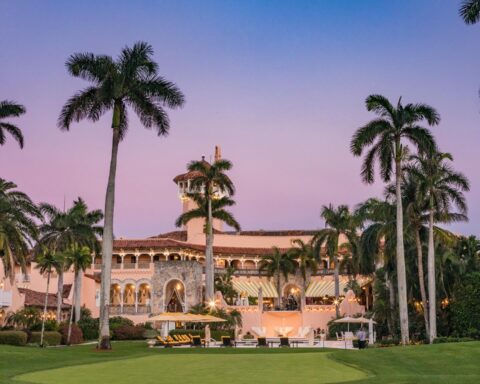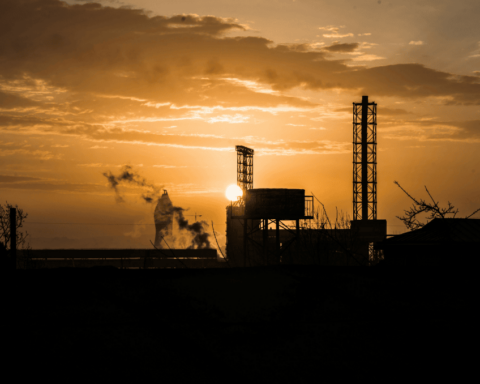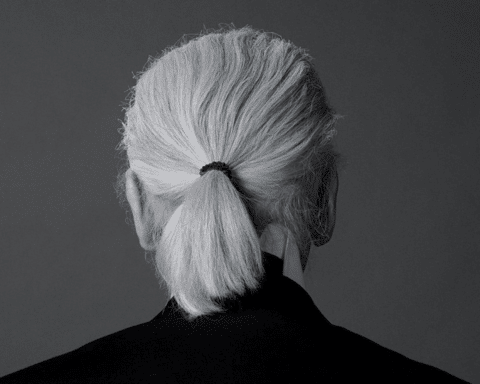Since the Russian invasion two years ago, Ukraine has been plunged into a deadly conflict marked by incessant fighting and major geopolitical stakes. Despite military setbacks and diplomatic tensions, Western allies continue to provide crucial support to Kiev in its struggle against Russian aggression. The situation is worrying, as this assistance could be called into question if Donald Trump were to be elected President of the United States…
On February 24, 2022, the Russian army massively invaded Ukraine as part of a “special operation” led by Putin. Two years later, it is evident that the operation did not unfold as planned, and the capture of the capital Kiev proved to be more difficult than anticipated, resulting in failure. The conflict has evolved into a war of attrition, with fighting concentrated in the cities of Bucha, Zaporizhzhia, and Mariupol. The situation has become entrenched, and the war has turned into one of attrition.
Since the failure of the counter-offensive last June, the front has become static, and the war has resulted in economic stagnation, inflation, and increasingly high costs for supporting Kiev. Additionally, the conflict in Gaza has competed with the Ukrainian crisis for attention in Western media.
The war at Europe’s doorstep has disrupted the balance of diplomatic relations. Now, the West provides almost unconditional support to the aggressed country. In 2008, Germany and France categorically refused to welcome Ukraine into the Atlantic Alliance, seeking to appease Russia. However, their position has radically changed, and the question is no longer whether Ukraine belongs in NATO, but rather when it can join. A similar shift is observed for Georgia’s and, to a lesser extent, Bosnia’s candidacies. Finland and Sweden, which previously pursued a strict policy of neutrality between the United States and Russia, have also changed their stance and submitted their applications to NATO following the Russian invasion. It appears that the conflict has strengthened the sense of unity within the European Union and beyond.
Fury on the Frontlines
The Ukrainian army currently faces an extremely complex situation on the frontlines. The task of retaking the nearly 20% of territory occupied by Moscow proves to be immense.
“The Russian occupying forces continue to intensify their efforts and outnumber the Ukrainian forces,” General Syrsky stated on Telegram, noting Ukraine’s difficulties in replenishing its army ranks. “We are doing everything possible to prevent the enemy from advancing on our territory and to maintain our positions,” he emphasized, acknowledging that his forces are struggling to contain the multiple Russian assaults in the East.
Since October, Russian forces have been launching massive assaults and bombings to conquer Avdiivka, where the position of Ukrainian defenders has deteriorated since January. The mayor of the city, Vitaly Barabach, recently mentioned a “critical” situation in some neighborhoods. Nevertheless, Kiev can still boast of continuing to inflict damage on the Russian fleet in the Black Sea, as well as on its aviation. The commander of the Ukrainian Air Force announced on Wednesday, February 21, that Kiev had destroyed a Su-34 fighter-bomber. This would be the seventh Russian aircraft pulverized in less than a week.
The EU and the US in support of Ukraine
Although Ukraine has benefited from Western support since the beginning of this conflict, it has persistently requested an acceleration of the deliveries promised by these allies in recent weeks. According to the White House, Ukraine is beginning to suffer from a lack of ammunition. The European Union is the largest donor to Ukraine, with commitments made between January 24, 2022, and January 15, 2024, totaling more than 144 billion euros, according to the Kiel Institute. The United States is the second largest provider of aid to Ukraine, with promises totaling more than 67 billion euros, according to the same source. Regarding military aid, Washington is the largest donor, with promises totaling more than 42 billion euros.
“The Ukrainians will be in a less solid position if they do not receive the ammunition, anti-aircraft defense systems, and other equipment they need,” said Jake Sullivan, US national security adviser, on Wednesday, February 14. The close adviser to President Biden thus calls on the US Congress to vote “quickly” for new aid for Ukraine.
Meanwhile, support for Ukraine is intensifying on the European continent. The United Kingdom has announced that it will cooperate with Latvia to organize the delivery of thousands of drones in the face of the Russian invasion. This initiative also includes production, including by British industries, of drones “on a large scale and at affordable prices,” announced the British Defense Minister in a statement.
During a NATO meeting in mid-February, an agreement was reached on two programs aimed at increasing the production of ammunition and missiles to replenish Western stocks and to increase aid to Ukraine. Furthermore, French President Emmanuel Macron and Ukrainian President Volodymyr Zelensky signed a security agreement between the two countries at the Élysée Palace. This commitment includes the provision of modern military equipment interoperable with NATO, the training of Ukrainian soldiers, or the strengthening of the Ukrainian defense industry.
Finally, Volodymyr Zelensky announced on Saturday, February 24, the anniversary of the Russian invasion, that he had signed bilateral security agreements with Canada as part of Kiev’s efforts to strengthen its Western alliances. In total, Canada will provide approximately $2.2 billion in financial and military aid to Ukraine in 2024, according to the same source. Earlier, Volodymyr Zelensky had announced the signing of a bilateral security agreement with Italy, while Prime Minister Giorgia Meloni was visiting Ukraine. On her part, European Commission President Ursula von der Leyen, also visiting Ukraine, announced that the European Union would disburse €4.5 billion to Kiev in March. This is the first installment of a €50 billion package approved in February by the leaders of the Twenty-Seven, including €33 billion in loans and €17 billion in grants over four years.
Trump vs Biden
It is worth noting that $95 billion in aid for Ukraine, Taiwan, and Israel—$60 billion of which is earmarked for Kiev—promised by the United States for months, is still blocked in Congress due to a veto by pro-Trump Republican lawmakers. The Senate has approved this new package, but its final adoption depends on supporters of the former Republican president in the House of Representatives, who currently refuse to consider the bill in its current form.
This blockade, beyond parliamentary discussion, stems from a power struggle between President Joe Biden and his Republican predecessor, Donald Trump, both candidates in the November presidential election.
“I say to the Republicans in the House: you must choose. Will you defend freedom or side with terror and tyranny? Will you stand with Ukraine or with Putin? Will you choose America or Trump?” Joe Biden asked, referring to his rival’s influence over conservative lawmakers in Congress.
American Sanctions
On Friday, February 23, the United States announced a new wave of sanctions against Russia, the largest since the beginning of the invasion. They aim to limit the Russian government’s financial resources to fund the war. More than 500 individuals and organizations present in 11 and 26 countries, respectively, have been targeted, including three Russian officials involved in the death of Alexei Navalny. The Department of Commerce has added 93 companies to its blacklist, bringing the total number of entities targeted by American sanctions since the start of the war to more than 4,000.
The Russian payment system Mir has also been sanctioned because it has allowed Russia to build a financial infrastructure to circumvent sanctions and reconnect to the international financial system. Finally, the Russian state-owned shipping company Sovcomflot and 14 tankers from a Russian “ghost fleet” have been sanctioned for bypassing the cap on Russian oil prices established by G7 members, the European Union, and Australia.
The White House has warned that sanctions will continue to be imposed on individuals who assist Russia in reconnecting to global financial markets using illicit channels. Despite Western sanctions, Russia recorded a 3.6% GDP growth in 2023, partly due to orders for ammunition and weapons.
The number two figure in the Russian Security Council, Dmitry Medvedev, vowed that Russia would retaliate against Western sanctions and called for conducting secret operations on the territories of Western countries. Medvedev, who was once considered a liberal figure within the Putin system, has emerged as a particularly radical voice since the start of the assault on Ukraine, regularly threatening to use nuclear weapons or invade countries supporting Kiev.
Read also>THE MIDDLE EAST FLARES UP AGAIN
Featured photo : © Press




